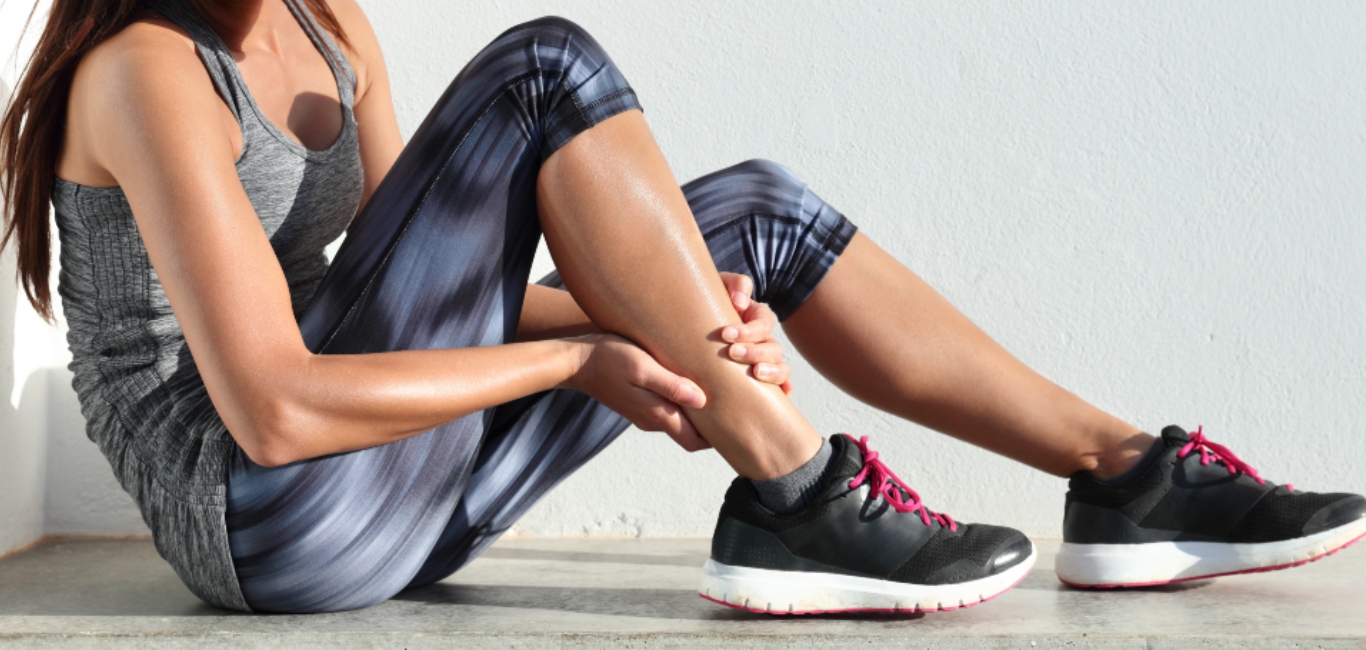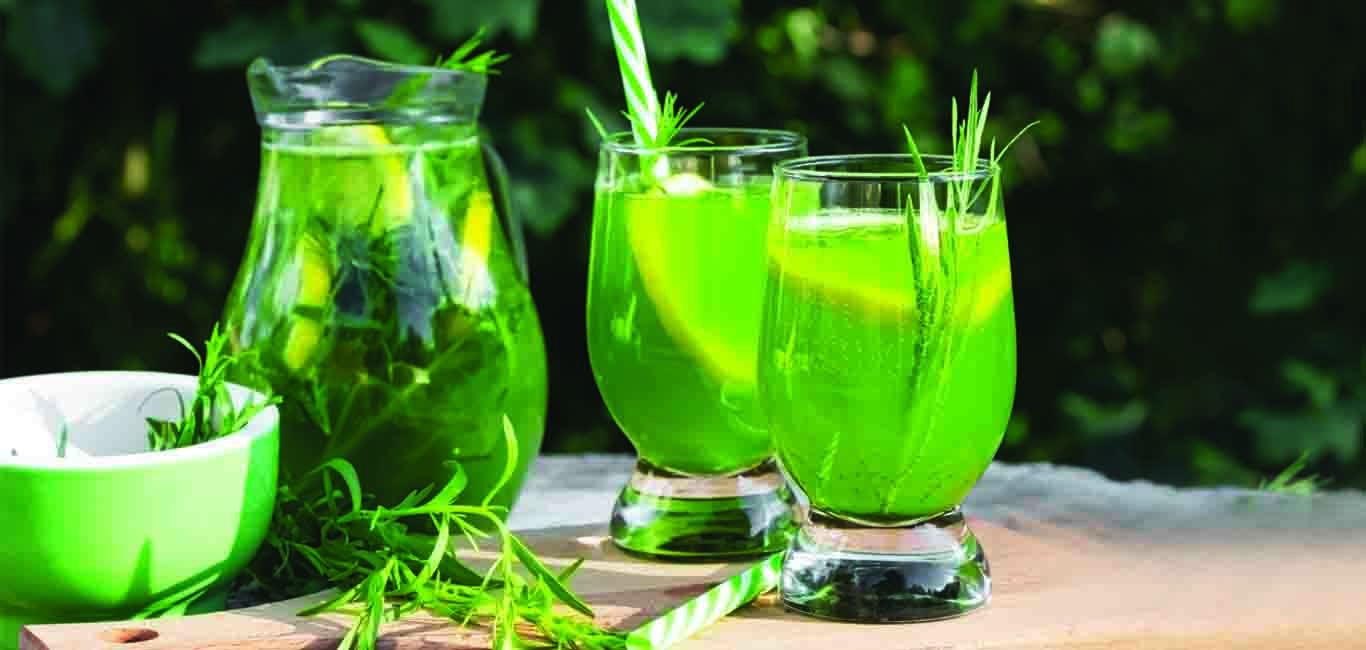
Winter is here and now you can expect cold and dry wind, intense sun rays, shorter days and longer nights. While we will be enjoying the upcoming days, some of us may experience joint aches, especially the elderly.
One might experience a hard time coping with multiple health conditions such as congested respiratory tract, allergic skin conditions, and auto-immune health conditions that might worsen as the immunity goes low due to changing weather, says Dr Amit Verma, an ayurvedic expert and TEDx speaker from Delhi.
What happens to the joints during winter
Bones and joints play an important role in our day-to-day activities as they take care of our movements. Joints are formed by the conjunction of two or more bones. There are several other structures that keep our joints intact such as cartilage, synovial membranes, synovial fluid, tendons, ligaments and bursa. Each of these has its role in keeping the joints intact.
Dr Bharat Kumar, orthopaedic and spine surgeon from Kochi says that it is not just winters, but other factors such as prolonged exposure to cold temperatures or air-conditioned rooms that can worsen already existing pains and initiate pathologies in joints and surrounding parts such as cartilages, tendons, and ligaments.
The results of a review paper indicated that cold weather can worsen the symptoms of arthritis (pain and stiffness). The team also noted that this trend was more common in those with already existing rheumatoid arthritis and the elderly with age-related changes in their joints.
Dr Kumar recommends the following preventive measures
- Modify activities according to one’s age (slowing down or stepping up the intensity of exercises or day-to-day activities according to your age)
- Be physically active (being sedentary worsens the stiffness)
- Visit a physician if the symptoms get worse or aggravate. There can be multiple other factors such as obesity, PCOS and degenerative factors like ageing
- It is safe to get a physician’s care for longstanding pains, especially during winters
Dr Verma recommends preventive care through ayurveda
- Oil massage using sesame or castor oil helps in lubricating the joints
- Hot water fomentation (if there is pain and stiffness) or a steam bath
- Herbal tea with dry ginger, holy basil, clove, and long pepper helps in keeping the body warm
- Warm water to take bath, or for drinking
- Consumption of freshly prepared warm food to ease the digestion process
- Spices such as pepper, ginger, and garlic in foods to keep the body warm
- Indoor exercises especially for those who have joint issues
Naturopathic advice
Dr M Nagalakshmi, professor from Gandhi Naturopathic Medical College, Hyderabad, shares her view on winter and joint care.
Dos
- Applying lukewarm oil
- Sunbath (preferably after applying oil)
- Mobility in joints
- Intake of ghee (2-3 teaspoons a day)
- Seeds and nuts for healthy fats (omega-3 fatty acids)
- Hot water bags if spasm or rigidity in the joints
- Using lukewarm water for taking bath and drinking
- Surya namaskara (sun salutations) during winters
- Indoor exercises (basic stretching exercises) to keep the body warm
Don’ts
- Sedentary lifestyle (not exercising)
- Intake of excessive oil (use healthy fats of ghee, olive oil instead)
- Taking a bath after sunset
- Frequent hair wash
- Direct exposure to sun (without applying oil) can damage the skin
- Use of coconut oil for massaging
How to apply oils to the joints
- Warm the oil (do not heat directly)
- Sit in a comfortable position, and start applying oil generously using palms/ fingers
- Massage the joints in circular motion
- Gentle pressure should be used to massage
- Massage can be done for 5-10 minutes
- Exposure to sun rays for 10-15 minutes (early morning sunrays)
- Lukewarm water can be used to wash the area
- No scrub/harsh soap should be used (to make sure that some amount of oil is still retained on the skin)
- If there is an underlying health condition, the oil can be chosen based on the requirement or as suggested by the doctor
- Use of sesame or castor oil is preferred for preventive care
- The frequency of oil massage depends on the person’s requirement (ideally 2-3 times a week for the elderly, and once a week for others)
Dietary recommendations for joints
A balanced diet is the key to healthy living. Your diet should comprise of carbohydrates, fibres, proteins, and fats. Consuming seasonal foods (fruits and vegetables) helps.
- Omega-3 fatty acids-rich foods such as avocado, fish, walnuts and flax seeds can help reduce inflammation.
- Foods such as orange juice, egg yolks, salmon, milk are recommended to boost vitamin D in the body (especially for those who are in the menopausal age group and the elderly).

















